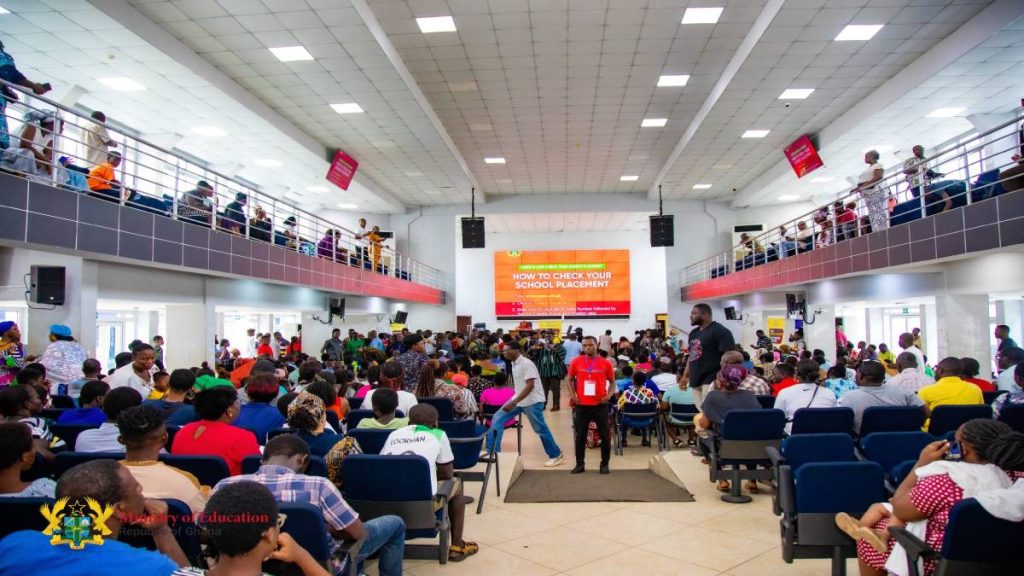IFEST proposes 3 measures to improve ‘SHS/TVET’ 2026/27 CSSPS

The Institute for Education Studies (IFEST), following the challenges of the 2025 computer school placement, has proposed three measures that could improve the Computerised School Selection and Placement System (CSSPS) next year.
In a blog post sighted by Pretertiary.com, the Executive Director of IFEST said the Computerised School Selection and Placement System (CSSPS) should be forward-looking and targeted at next year.
“The question is: what new measures can we implement within a year to ensure that we do not face the same challenges again next year? That should be our focus.
Is it about increasing educational infrastructure and providing resources across all schools, especially underserved ones, within a year? Have we tried this option? Some will say yes — it is already ongoing.
Should we increase CSSPS education and deepen sensitisation activities across the country? Again, the answer is yes — and we must continue.
Is it a software or technical challenge? Have improvements been attempted? Yes, several times — yet the challenges persist,” the IFEST Executive Director said in a blogpost on Graphic.com.gh.
IFEST proposed measures to improve 2026 CSSPS
1. Allow school selection after the Basic Education Certificate Examination (BECE) results are released. Alternatively, even if the current process is maintained, when the window opens for confirmation of student details after results are published, parents should be given the option to modify their choices.
2. Deliberately resource more Category B and C schools with the aim of upgrading them. No parent should be faulted for wanting a quality secondary education for their child. It is the responsibility of the authorities to ensure that every secondary school has adequate resources to deliver quality education.
3. Introduce a Secondary School Affiliate System. Link all Category A schools to at least two secondary schools in rural or underserved areas.
The Institute for Education Studies (IFEST) Executive Director said a clear policy document should be developed and implemented within the year, adding that “perception plays a role in the current challenges.”
In other news, the Ministry of Education (MoE) has rejected calls for the abolition of the Computerised School Selection and Placement System (CSSPS) amid challenges in the ongoing second-cycle school placement.
Speaking in an interview monitored by Pretertiary.com, the Media Relations Officer of the Education Ministry, Hashmin Mohammed, stated that the issue had nothing to do with the computer school placement system, but rather with inadequate infrastructure in various second-cycle schools across the country.
“The CSSPS system is evolving, and once it evolves, I would believe that policy makers at the highest authority will be assessing, and if there’s a need for that [cancellation], I think policy makers will look into that. But for now, this is the system we have. And we must all work together to make the system work effectively. I do not see any issue with the system,” the MoE spokesperson said in the interview.
He emphasised the need for greater investment in infrastructure to make all Senior High Schools (SHSs) attractive, thereby reducing the overwhelming pressure on category A and B schools during the Basic Education Certificate Examination (BECE) placement process.
“Maybe going forward, what we can do as a country is to improve infrastructure across the board and make all our schools very competitive. And that is the step this government has taken into consideration by proposing in next year’s budget [2027] to invest heavily in ending the double track system.
When that is done, then we can have a lot of spaces even in Category A and B schools, and it will not affect the quality of education. Any policy should not affect the quality of education, and that is the priority of the government,” he told Sammi Wiafe on Accra-based Citi FM’s Eyewitness News.



